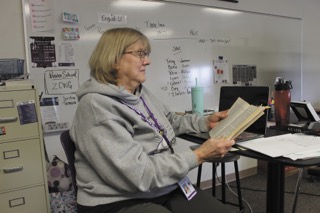
A group of teachers walk into the building, some returning for another year, and others aren’t sure what is ahead of them.
These two groups are colleagues, and will build connections with each other and students.
Different factors play a role in a first-year teacher’s experience. Instructors Kathleen Liebenguth and Patty Campbell started teaching in 2000 and 2001.
“It was chaotic because they did a big remodel, just before I started. You couldn’t get from D-wing to the art room because it was blocked off with plastic. Figuring out how to maneuver through the building was tough,” Liebenguth said.
Getting hands-on experience is a factor in teachers’ abilities to communicate with students. The level of comfort in newer teachers is far less due to the amount of students they have worked with.
“You might not necessarily learn how to best meet needs until you are working with students and practicing that skill,” instructor Sara Kneifl said.
Building memories with students can stem passion, character growth and be rewarding to the teacher. Most teachers said that interactions with students are what inspires them to continue to pursue their careers.
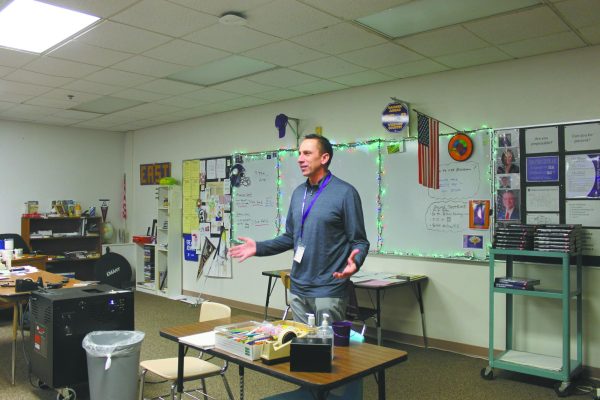
“One of my favorite moments, with my students, lasted throughout the semester,” instructor Lance Raabe said. “I had an AP Government class that made it a tradition to prank me on Fridays, and one of my favorite pranks ever was when I walked up to the front of the class and all my students were in scream masks. Periodically, one of them would get up out of their desk and start to follow me around the room while wearing their scream mask. This is how the entire lesson went.”
A teacher’s responsibility is not only getting students through their classes, but also passing down valuable life lessons. There is wisdom that is granted throughout the years.
“There’s so much more about learning than just Health, Science, History, and English,” Campbell said. “It’s learning how to have communication skills, how to approach people, and how to be okay if it doesn’t go your way. Life skills.”
To effectively reach all students, teachers must know what ways to run their classroom to best benefit their students. Experimenting with new methods and ways of teaching over the years helps.
“I’m very excited for the day that I become so comfortable with my curriculum that my only stress is building relationships with students,” Dalton said. “Right now, I’m 50/50 on trying to make sure that I’m getting to know my students, caring about their interests, and trying to reflect that into what I’m teaching. I’m also making sure that I’m teaching what the standards require us to. As you get better at teaching, you know what to expect so you don’t have to worry about planning as much.”
Students take what they are taught and apply that to the real world. Many teachers have said that they appreciate when students reach out and let them know that they have made a positive impact on their life.
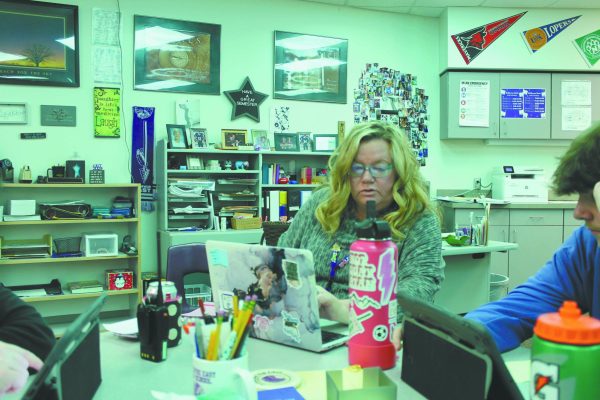
“I have had several students who became teachers, and sometimes they let me know that part of the decision was because of things that I did,” Liebenguth said.
Understanding how to adapt to the classroom and students is a major part of teaching, but also learning to reflect on personal experiences and working to improve them can benefit the students in numerous ways. A small change in thinking can be the reason why a kid’s lightbulb goes off or not.
“I think what I’ve learned about myself is sometimes I can be hard on myself when a student’s not making progress, but I’ve learned to focus on the positive things. There’s a lot of good that’s happening, so even if a student isn’t necessarily meeting their goal, it is good to celebrate and recognize the small wins that are happening,” Kneifl said.
Each teacher is given different responsibilities based on their experience. Some teachers have more or less work than others. Campbell believes that newer teachers deserve a lighter load to give them time to adjust to teaching.
“I have to take the students who come in here from where they’re at,” Campbell said. “I don’t get to teach just one subject. With a first-year teacher, I hope that they don’t have to do that. Hopefully, they’re only teaching one or two preps. That’s what they should be focusing on, because teaching is stressful.”
Teachers contribute to the curriculum being modified. New teachers must help develop ways to improve their curriculum with less knowledge of how to effectively run classes. This gives a different view as to what best ensures student success.
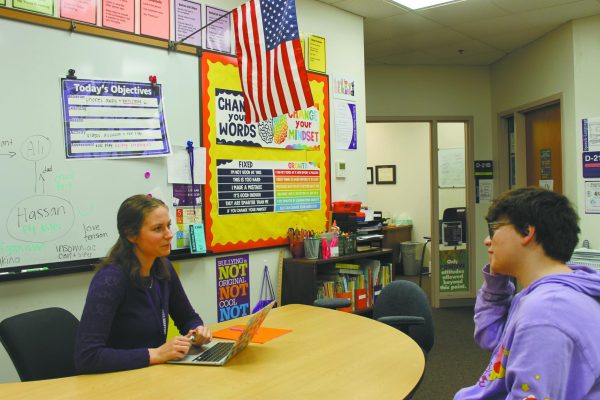
“Curriculum writing, the whole purpose is to find ways to make the classes more enjoyable for you as a student,” Dalton said. “There are times when I’m there, I feel as if I don’t have as much expertise in how a student would interact with things because I’m still figuring it out for myself.”
Numerous challenges can be expected for upcoming teachers entering the profession. Although teaching may have a rocky start, Raabe suggests that the best thing to do is to keep moving forward.
“I have a tremendous amount of respect for all of our younger teachers who are just starting out,” Raabe said. “This is a really hard job and it just gets more and more challenging, so if I could give some advice to some young teachers, you got to hang in there. There are a lot of parts of it that will get a lot easier,” Raabe said.
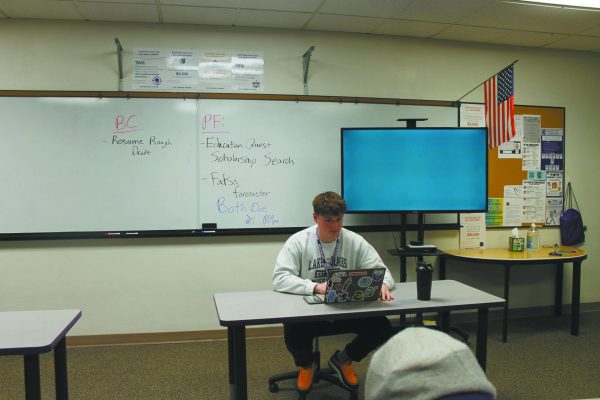



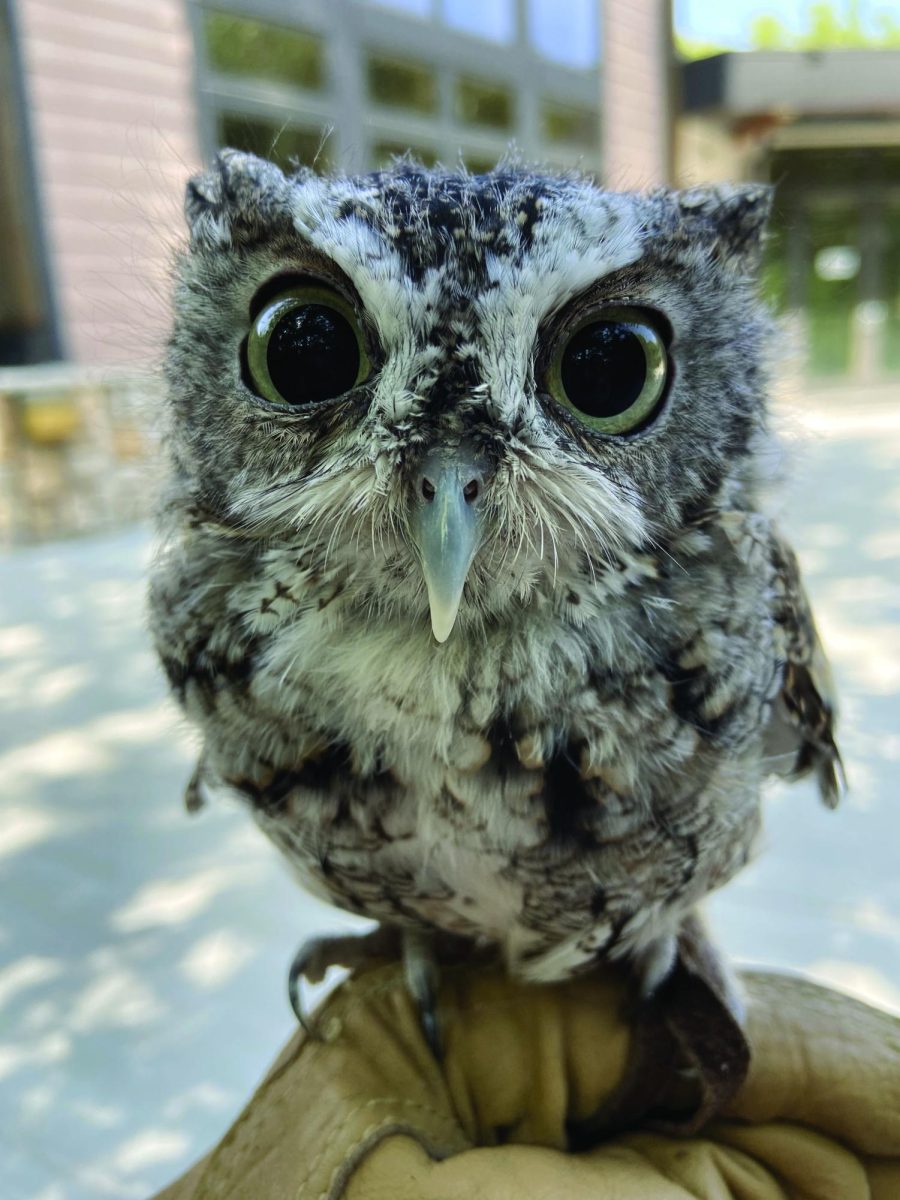
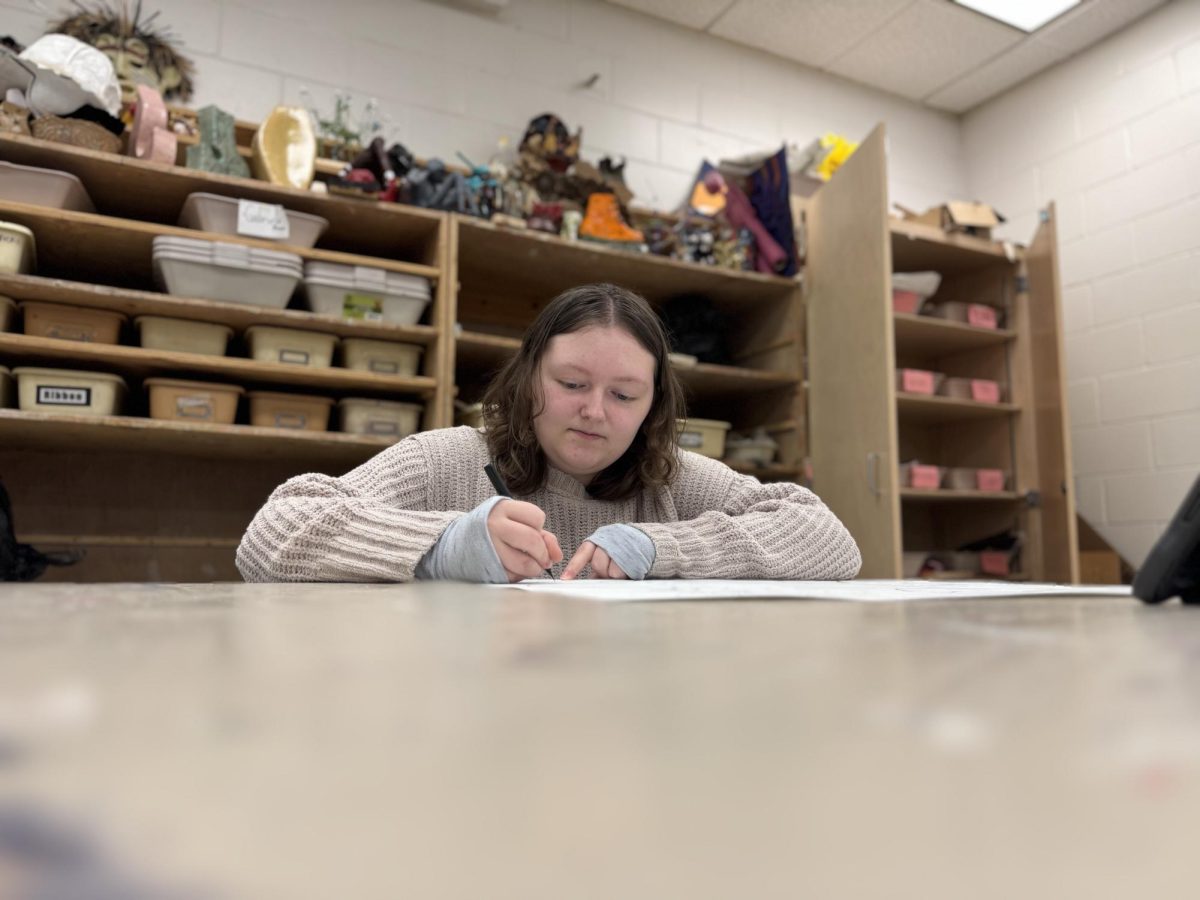
![Smile! On April 8, 2025 at Bellevue East High School, junior Kasen Warner signed with MH Equipment. MH equipment is going to pay for their two year degrees in skilled and technical trade areas and pay for a full set of tools. “This opportunity helps me because I'm gonna be shadowing people and learning more about how to do it [do things in his trade],” Warner said.](https://beaststudentmedia.org/wp-content/uploads/2025/05/IMG_4408-858x1200.jpg)
![Aim and Fire! On March 29, senior Christopher Lively prepares to shoot . The competition was held at the Bellevue Rod and Gun club.] “[It was] very windy and that caused me to do very badly. There were a few good sharpshooters and people who shot 15 out of 100,” Lively said.](https://beaststudentmedia.org/wp-content/uploads/2025/04/Resized_20250329_121914_1743269425901-1200x900.jpeg)